Toyota Material Handling Solutions Thailand is partnering with AI firm Gorilla Technology Group to co-develop intelligent warehouse tools. The collaboration launches in Thailand with a global rollout planned.
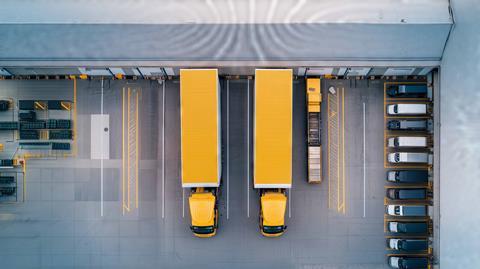
”The logistics sector, particularly in automotive, is under rising pressure to become faster, leaner and more adaptable to market volatility and regional shifts in production. AI tools […] could provide a crucial edge in managing such complexity”
Toyota’s digital transformation strategy is taking a sharper turn toward artificial intelligence, with a new partnership set to reshape warehouse operations, with clear implications for automotive produiction internal logistics. In a bid to solve long-standing inefficiencies in parts handling, order accuracy and warehouse workflows, Toyota Material Handling Solutions Thailand has formed a strategic alliance with Gorilla Technology Group, a London-based AI and network intelligence provider.

The collaboration will bring Gorilla’s advanced AI tools - originally developed for smart cities and surveillance - into Toyota’s warehouse environments. According to both companies, the focus is to address critical operational barriers such as incorrect part requisitions, material bottlenecks and costly delivery delays, by embedding intelligent technologies into logistics and material handling operations.
“This is not just a product integration – it is a long-term strategic relationship,” said Jay Chandan, CEO of Gorilla Technology Group.
“Together with Toyota, we aim to bring transformative technology to warehouses around the world and unlock multi-year SaaS-based revenue opportunities by deploying Gorilla’s AI solutions at scale across Toyota’s customer network.”
Thailand to be the first recipient of Toyota’s AI warehouse systems
Toyota’s Warehouse Solutions division in Thailand will be the first to implement these AI-driven systems, with the deployment forming a test bed for future global rollout. This initiative aligns with Toyota’s wider commitment to digital transformation across its industrial operations.
And AI use is increasing in automotive production and logistics, with the need for large-data manufacturing frameworks and enhanced security measures increasing. Gorilla’s technology suite includes intelligent video surveillance, facial and licence plate recognition, post-event analytics and cybersecurity - all supported by edge computing. While such tools have been used to optimise urban infrastructure and security, Gorilla is now adapting them for industrial and automotive production and logistics settings, particularly where real-time visibility and predictive control are critical.
“Our expertise lies in revolutionising urban operations, bolstering security and enhancing resilience,” the company said in a statement. “By integrating these AI-driven technologies, we empower Smart Cities to enhance efficiency, safety and cybersecurity measures, ultimately improving the quality of life for residents.”
Read more Smart Factory stories
- BMW powers up Debrecen plant for Neue Klasse rollout
- Digital twins are catalysts for automotive production strategies
- Future-ready: BMW’s digital transformation of its Munich plant and beyond
- Mercedes-Benz excels in connected manufacturing at Berlin-Marienfelde
Gorilla eyes warehousing, logistics and supply chains
Gorilla hopes the partnership with Toyota will extend the reach of its technology beyond cities and security into core industry operations, including automotive warehousing to inform produciton, logistics and supply chain.
For Toyota, while this agreement represents a digital upgrade, it is also part of a longer-term ambition to integrate intelligent systems into every node of its supply chain. The Japanese industrial group has been steadily investing in factory digitisation, robotics and connected infrastructure to streamline production and delivery flows. The partnership with Gorilla suggests that logistics, often overlooked in favour of production floor upgrades, is now seen as the next frontier for innovation.
The system’s success in Thailand will determine the pace of its wider adoption, with Toyota reportedly eyeing deployments across Southeast Asia and eventually in North America and Europe. The logistics sector, particularly in automotive, is under rising pressure to become faster, leaner and more adaptable to market volatility and regional shifts in production. AI tools capable of learning from operations and predicting errors before they occur could provide a crucial edge in managing such complexity.
Toyota’s move signals a broader industry trend: intelligent automation is no longer confined to the assembly line but is reaching into every layer of vehicle manufacturing and distribution.





























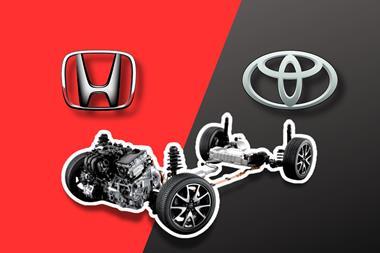

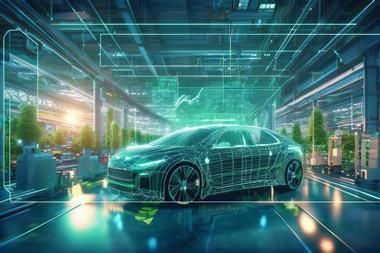
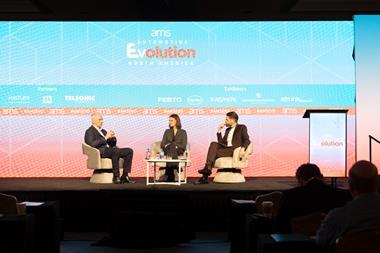
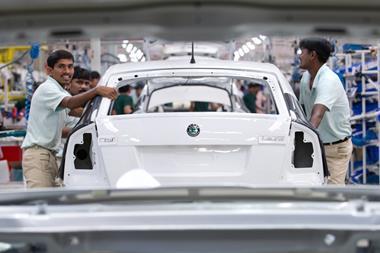
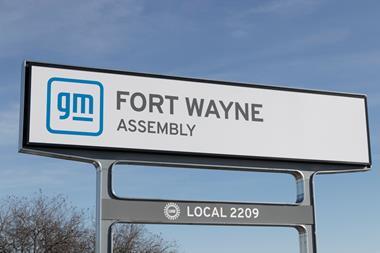



No comments yet